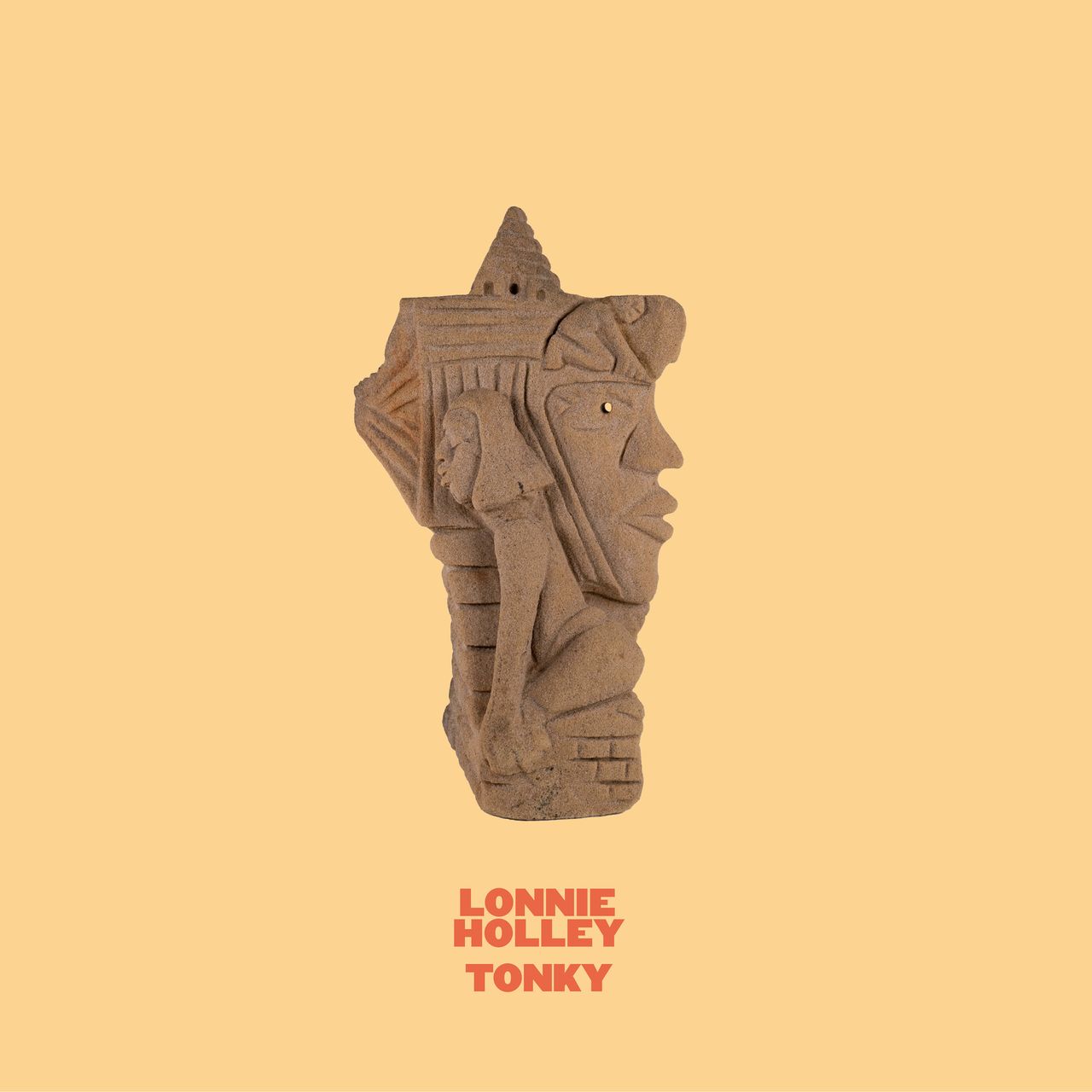“Seeds,” the first song on Lonnie Holley’s seventh album, is a harrowing, nine-minute account of his childhood incarceration at the Alabama Industrial School for Negro Children, a notoriously brutal institution where he experienced whippings, beatings, starvation, and other forms of torture. His narration is soundtracked by swooping strings, a tensely bouncing beat, and what sound like distorted voices rising out of the past. Those emotional and physical traumas still weigh on Holley a lifetime later, leading him to admit late in the song: “Oh, I wish I could rob my memory. I’d be like Midas and turn my thoughts to gold.” And who could blame him for wanting to lay his burden down? Forgetting, however, would be worse than living with those memories. Holley remembers so that others might not have to experience such hardships, which means there is some hope embedded in his songs. “I understand the responsibility to the truth we bear,” he says as the song fades out.
Those are powerful words in 2025, when so many of us can hardly bear to check the news and so many others have endorsed the systemic diminishment of the accomplishments of Black Americans like Jackie Robinson and Marsha P. Johnson. As both a sculptor and a recording artist, Holley has made remembering the great motivator of his art. He has fashioned visual art and music about his time at the Alabama Industrial School, about the tales of slavery and Jim Crow prejudice he heard from his elders, about the everyday indignities faced by Black communities in America. But he also makes art about the joys felt by those communities, about the songs that gave him strength and courage, about celebration as well as commiseration.
Sequenced at the beginning of Tonky, “Seeds” serves as an overture of exorcism: Holley acknowledges that troubling, needling memory so that he can get beyond it and make music. He’s most interested in what comes after remembering, in the ideas and actions that those memories inspire. “Protest with Love” is a joyous exhortation to take to the streets with love in your heart and with love as your weapon. Over a shuffling beat and celebratory horns, Holley sings ecstatically, reaching up into his upper register during the gospel chorus and—perhaps unintentionally—taking a line from Rihanna (“We found love!” he declares, and maybe you’re meant to imply “in a hopeless place”). For Holley, it’s not merely the most ethical form of protest, but an effective one that seeks to embrace rather than conquer.
